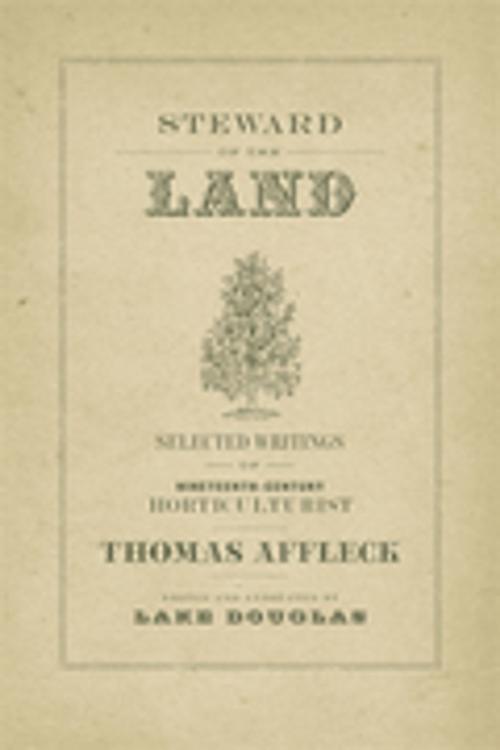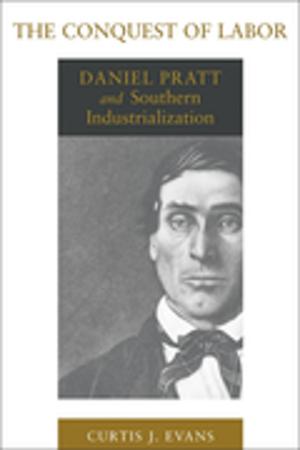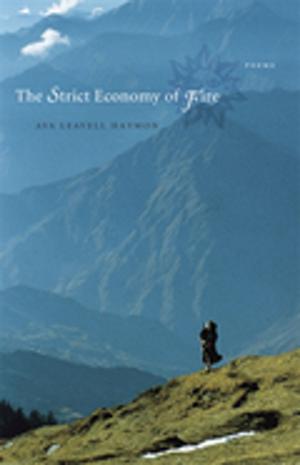Steward of the Land
Selected Writings of Nineteenth-Century Horticulturist Thomas Affleck
Nonfiction, Science & Nature, Science, Biological Sciences, Horticulture, Art & Architecture, Architecture, Landscape| Author: | Thomas Affleck | ISBN: | 9780807158128 |
| Publisher: | LSU Press | Publication: | October 13, 2014 |
| Imprint: | LSU Press | Language: | English |
| Author: | Thomas Affleck |
| ISBN: | 9780807158128 |
| Publisher: | LSU Press |
| Publication: | October 13, 2014 |
| Imprint: | LSU Press |
| Language: | English |
In the first collection of published writings of Thomas Affleck (1812--1868), Lake Douglas re-establishes the reputation of a tireless agricultural reformer, entrepreneur, and horticulturist. Affleck's wide range of interests -- animal husbandry, agriculture, scientific farming, ornamental horticulture, insects, and hydrology, among others -- should afford him a celebrated status in several disciplines; yet until now his immense contributions remained largely unheralded. Steward of the Land remedies this oversight with a broad, annotated selection of Affleck's works, rightfully placing him alongside his better-known contemporaries Andrew Jackson Downing and Frederick Law Olmsted.
After immigrating to the United States from Scotland in 1832, Affleck witnessed the burgeoning American expansion and its major advances in agriculture and technology. He worked as a journalist for the influential Western Farmer and Gardener, covering Ohio, Kentucky, and the Mississippi River Valley. Affleck moved to Mississippi in 1842 to manage his new wife's failing plantation; there, he created one of the first commercial nurseries of the South while writing prolifically on numerous agrarian topics for regional periodicals and newspapers. From 1845 to 1865 he edited Affleck's Southern Rural Almanac and Plantation and Garden Calendar, published in New Orleans. Following a postwar move to Brenham, Texas, he published letters and essays about rebuilding that state's livestock herds and rejuvenating its agricultural labor forces.
Steward of the Land includes excerpts from dozens of Affleck's articles on subjects ranging from bee keeping to gardening to orchard tending. This valuable single-volume resource reveals Affleck's astonishing breadth of horticultural knowledge and entrepreneurial sagacity, and his role in educating mid-nineteenth-century readers about agricultural products and practices, plant usage, and environmental stewardship. Never before collected or contextualized, Affleck's writings provide a firsthand account of the advancement of agricultural techniques and practices that created a new environmental awareness in America.
In the first collection of published writings of Thomas Affleck (1812--1868), Lake Douglas re-establishes the reputation of a tireless agricultural reformer, entrepreneur, and horticulturist. Affleck's wide range of interests -- animal husbandry, agriculture, scientific farming, ornamental horticulture, insects, and hydrology, among others -- should afford him a celebrated status in several disciplines; yet until now his immense contributions remained largely unheralded. Steward of the Land remedies this oversight with a broad, annotated selection of Affleck's works, rightfully placing him alongside his better-known contemporaries Andrew Jackson Downing and Frederick Law Olmsted.
After immigrating to the United States from Scotland in 1832, Affleck witnessed the burgeoning American expansion and its major advances in agriculture and technology. He worked as a journalist for the influential Western Farmer and Gardener, covering Ohio, Kentucky, and the Mississippi River Valley. Affleck moved to Mississippi in 1842 to manage his new wife's failing plantation; there, he created one of the first commercial nurseries of the South while writing prolifically on numerous agrarian topics for regional periodicals and newspapers. From 1845 to 1865 he edited Affleck's Southern Rural Almanac and Plantation and Garden Calendar, published in New Orleans. Following a postwar move to Brenham, Texas, he published letters and essays about rebuilding that state's livestock herds and rejuvenating its agricultural labor forces.
Steward of the Land includes excerpts from dozens of Affleck's articles on subjects ranging from bee keeping to gardening to orchard tending. This valuable single-volume resource reveals Affleck's astonishing breadth of horticultural knowledge and entrepreneurial sagacity, and his role in educating mid-nineteenth-century readers about agricultural products and practices, plant usage, and environmental stewardship. Never before collected or contextualized, Affleck's writings provide a firsthand account of the advancement of agricultural techniques and practices that created a new environmental awareness in America.















